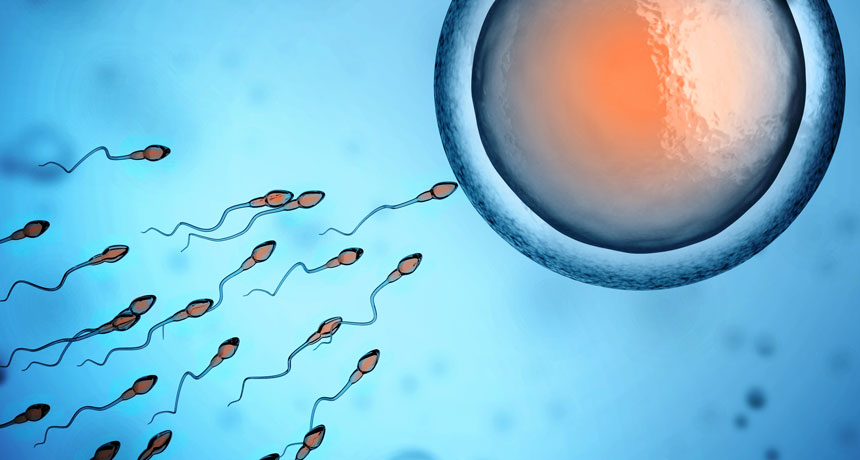Sperm with damaged DNA may cause some repeat miscarriages
Semen abnormalities suggest a dad’s health needs to be considered in these pregnancy losses

IT TAKES TWO Recurrent miscarriages are linked to abnormalities in semen, researchers report, suggesting that men’s reproductive health may be a factor.
koya979/Shutterstock